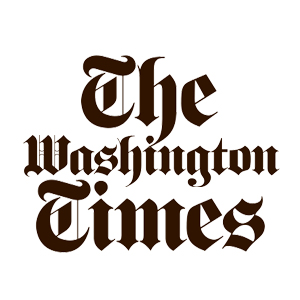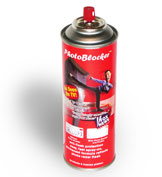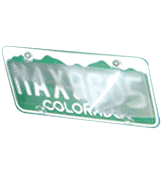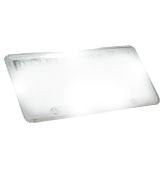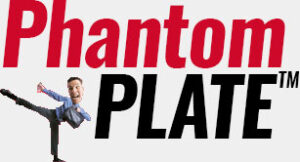Obscuring license plates adds up to fines
By Matthew Cella
THE WASHINGTON TIMES
Published May 2, 2005
The District is cracking down on drivers who obscure their license plates from the city’s cameras. officers have begun enforcing a new law that has raised fines from $50 to $500 for using “glass, plastic, or any other type of material or substance (i.e. spray) to cover a license plate.” The law took effect earlier this month, but officials could not determine how many fines have been issued under the statute.
The new fine dwarfs the $55 fine for a similar offense in Maryland and the $25 fine for a similar offense in Virginia. Janis Hazel, spokeswoman for the city’s Department of Motor Vehicles, said asked for the increased fines to “put some teeth” into restrictions on obstructing license plates. The new law clarifies an older statute that said license plates “shall be maintained free from foreign materials and in clearly legible condition.”
“Too many people out there are getting objects that obstruct or distort their plates,” said Lt. Byron Hope, head of the department’s safety office. Lt. Hope said violation of the new law is a “primary charge,” meaning officers can stop violators for no other reason than having obscured plates. The new law is aimed at motorists who apply or install products on their license plates that “obscure [plates] from photo-radar cameras or being able to adequately see or identify a vehicle,” Miss Hazel said. While clear or tinted license-plate shields are easy to detect, other products, such as spray-on applications designed to thwart cameras likely still will present problems for .
Manufacturers of one product, a canned spray called PhotoBlocker, say their product places hyperreflective covers over license plates that make them unreadable when cameras flash. The spray, marketed by online merchant PhantomPlate (www.phantomplate.com), costs $29.99. Joe Scott, marketing director for PhantomPlate, said the intent of the product is to “fight unjust tickets.” He said he is not concerned about the new law.
“They are not making it illegal to buy it or sell it,” Mr. Scott said. “It’s good marketing for us. It was hard for us to convince people the product worked, even with all the tests. Why would they make it illegal if it didn’t work?”Mr. Scott said that the company has sold 30,000 cans of PhotoBlocker and that he has never heard a complaint that detected the spray applied to a license plate.
“It’s a high-gloss, clear, reflective finish,” he said. “They won’t know.”
Lt. Hope agreed that the spray is difficult to detect.
“From the ones I’ve seen, unless you get up close and see a film, no, you can’t, [detect it]” Lt. Hope said.
http://washingtontimes.com/metro/20050501-095936-9529r.htm

